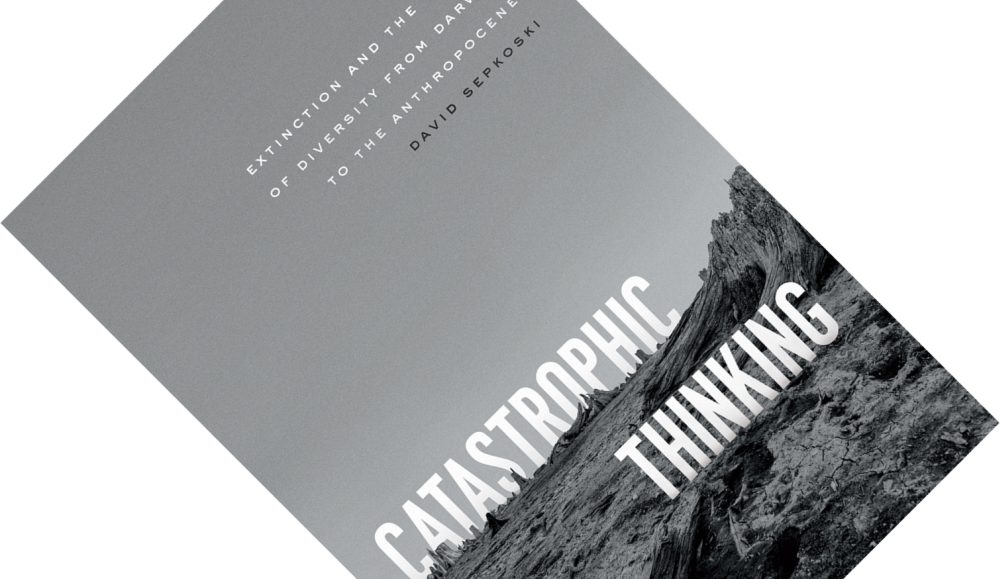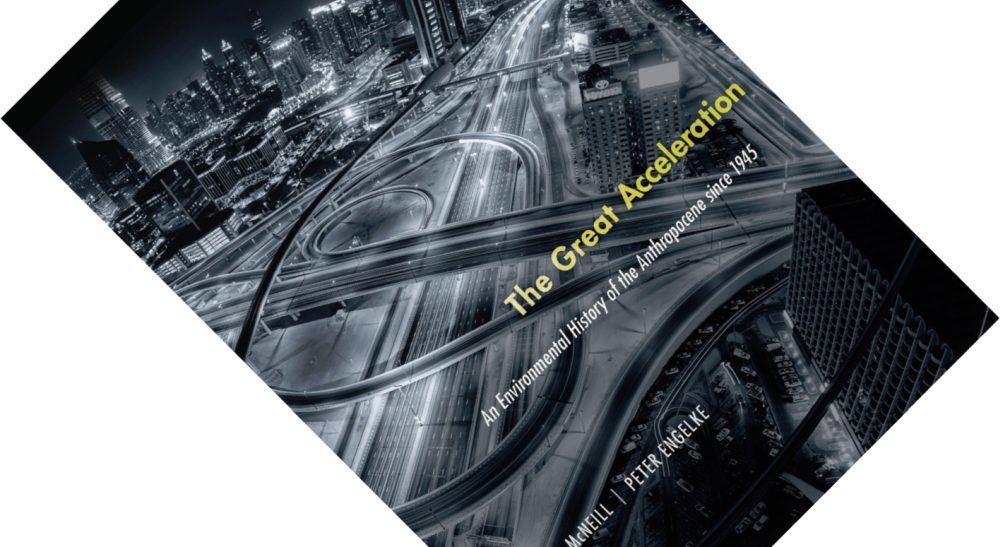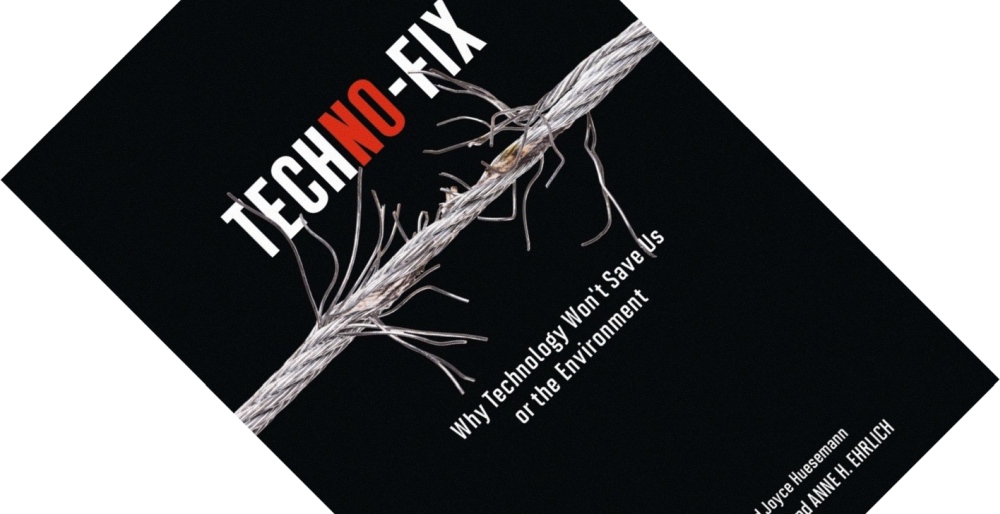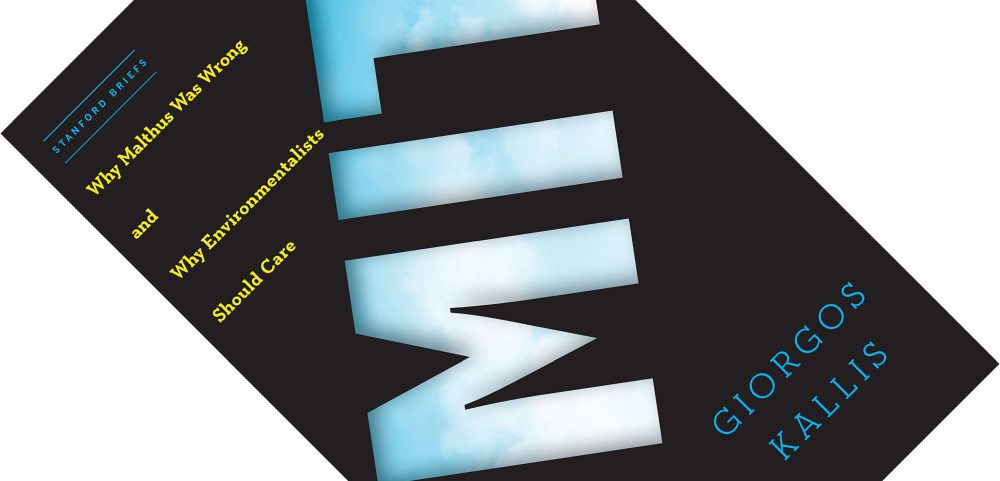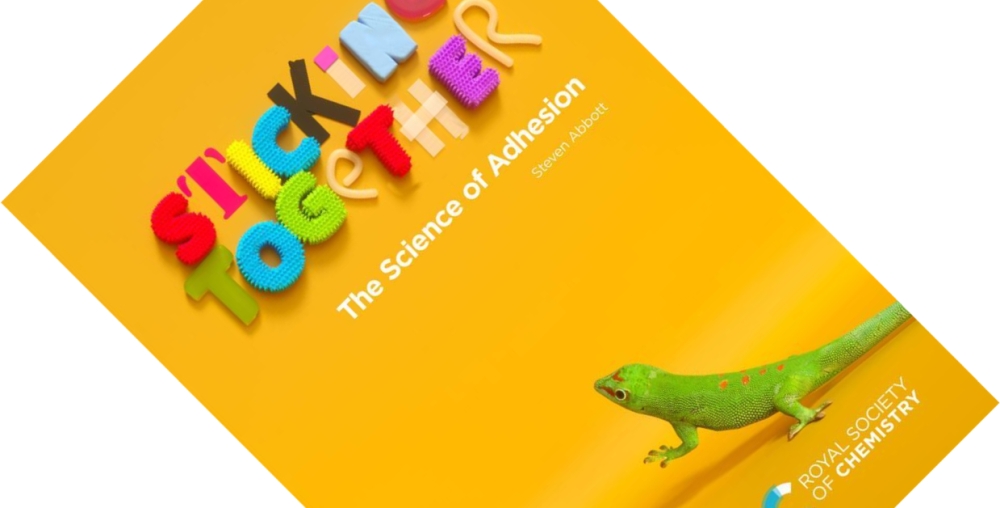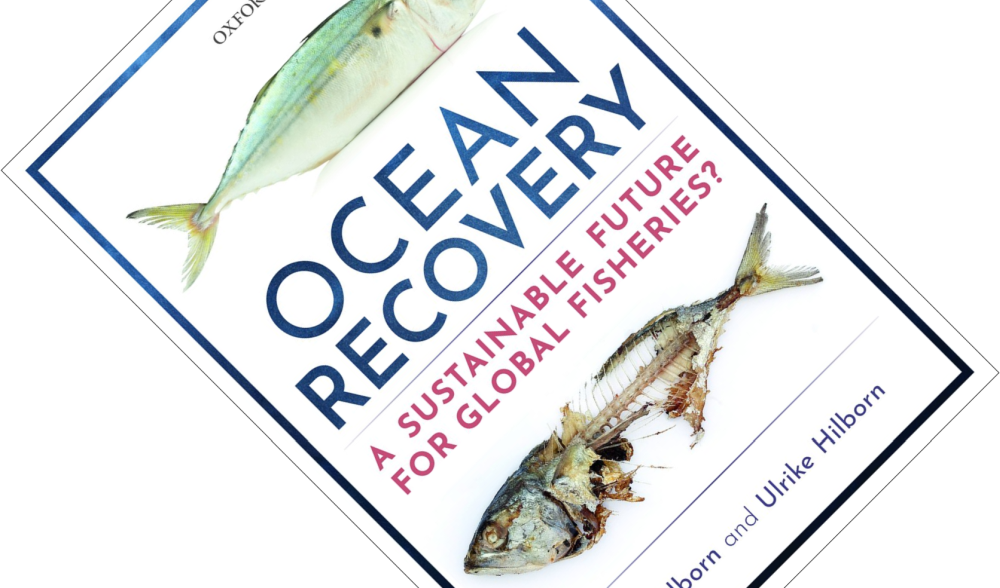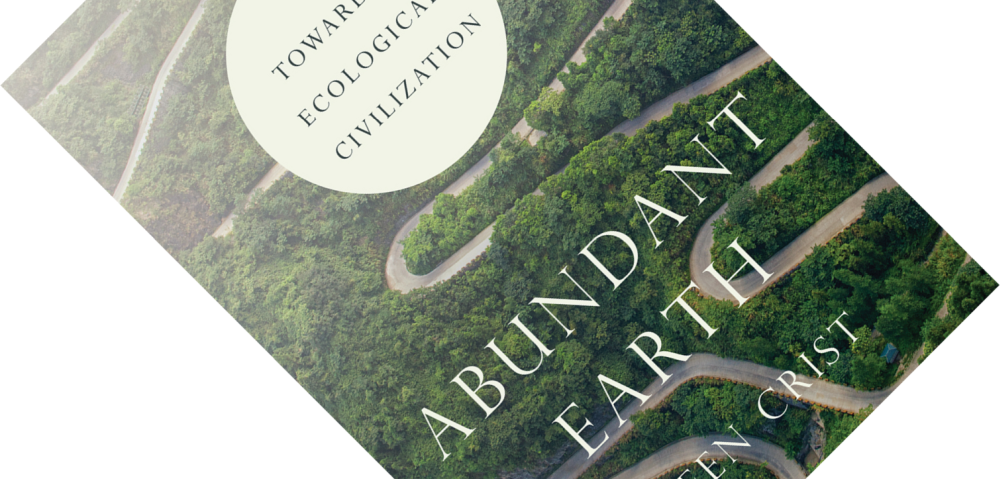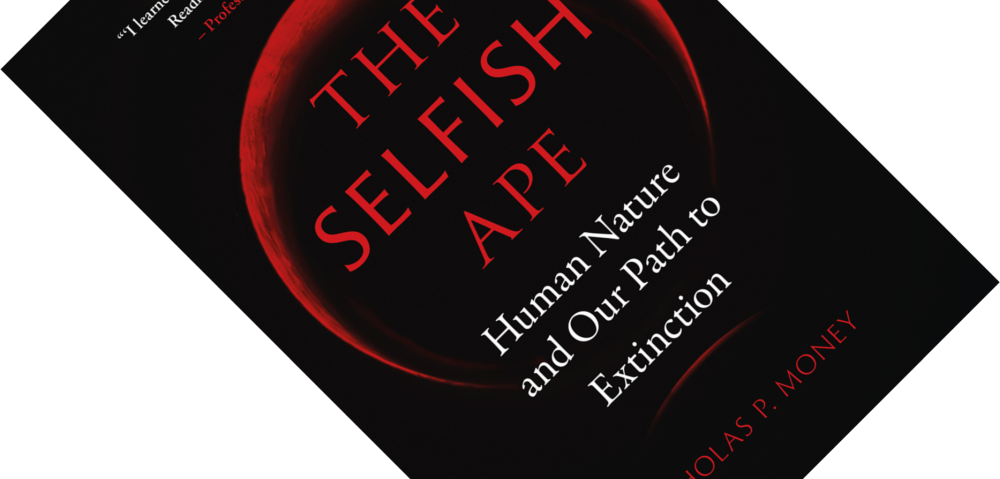9-minute read
keywords: marine biology, wildlife conservation
As some of the world’s largest predators, orcas are both loved and loathed, though these sentiments sometimes come from unexpected corners. Danish marine biologist Hanne Strager has studied orcas and other whales for some four decades, working with a wide range of people. In The Killer Whale Journals, she plumbs the complexities and nuances of people’s attitudes, writing a balanced, fair, and thought-provoking insider’s account. Given the preponderance of research and books on Pacific Northwest orcas, hers is a refreshingly cosmopolitan perspective, taking in the experiences of people past and present in many other parts of the world.
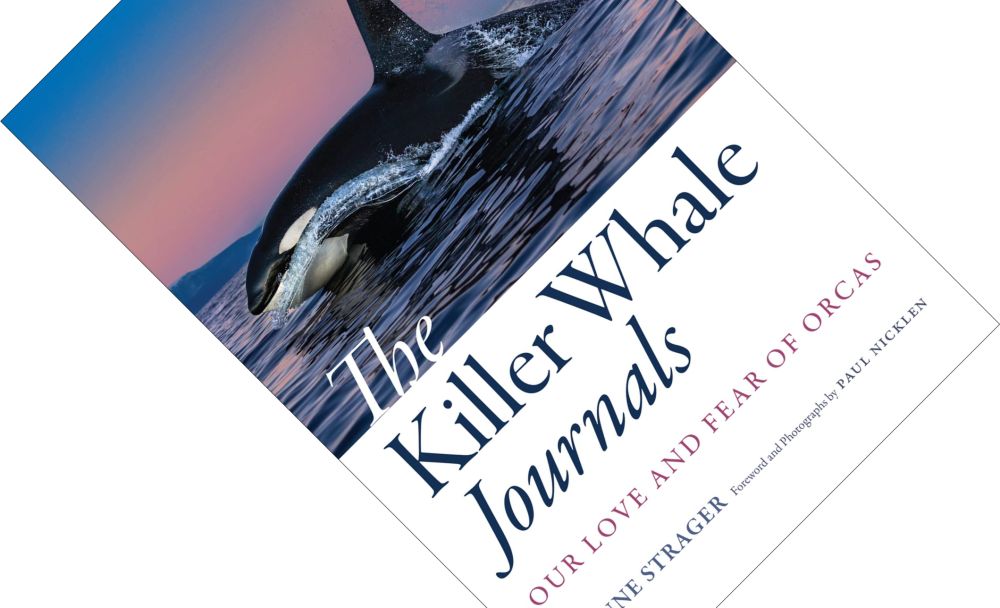 (more…)
(more…)
